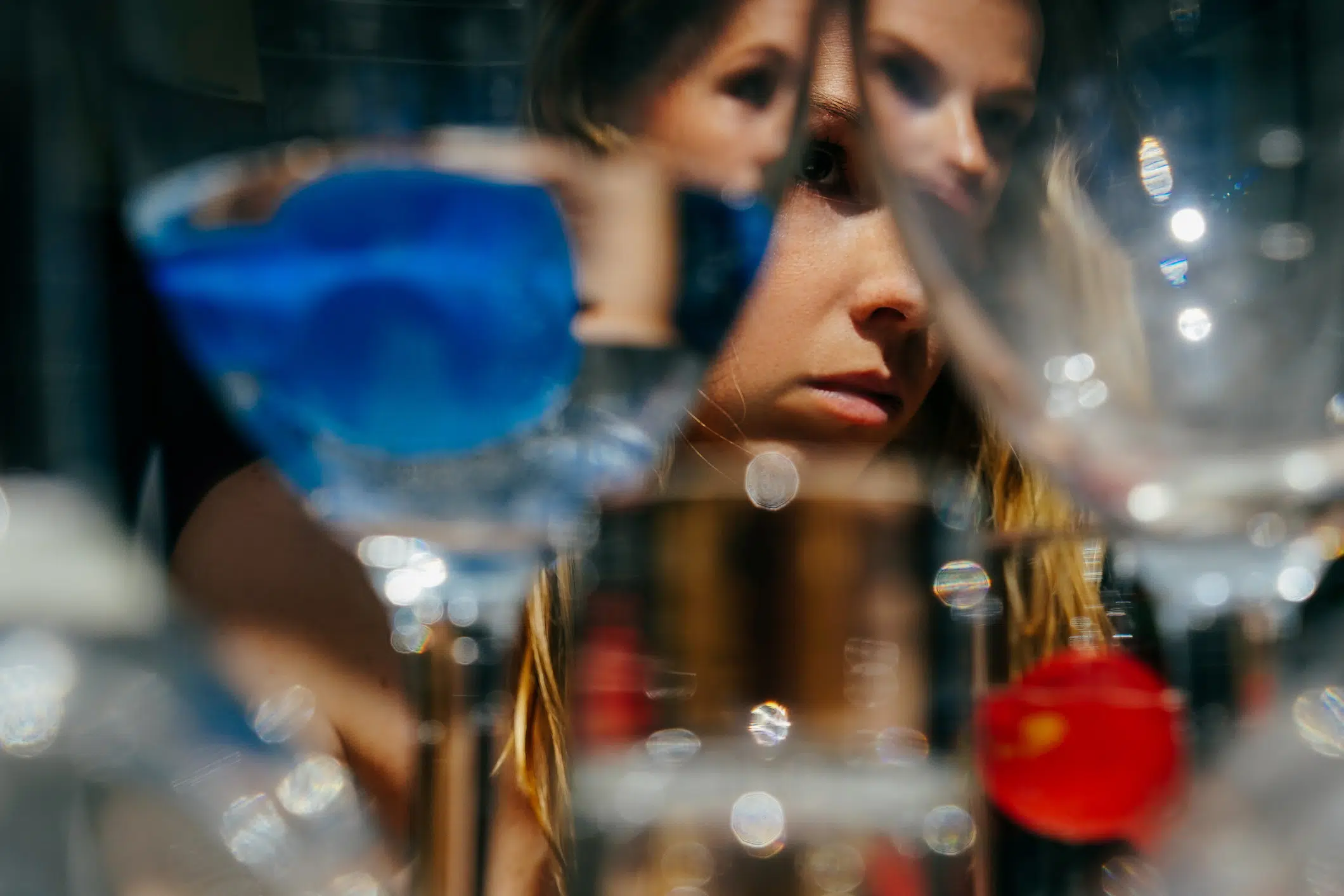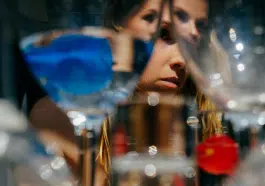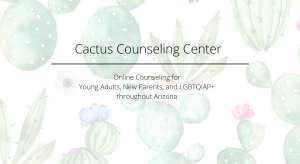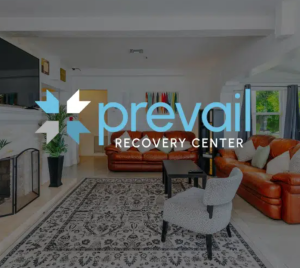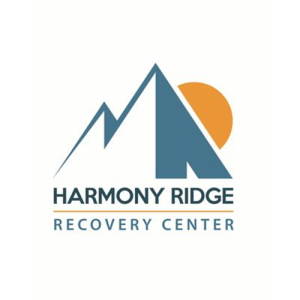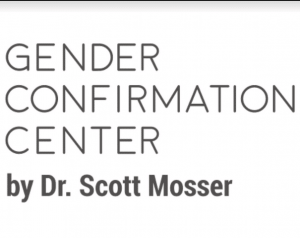Bipolar and alcoholism are two distinct yet often interconnected conditions. Their coexistence poses significant challenges to individuals, families, and healthcare providers. Understanding the intricate relationship between bipolar disorder and alcoholism is crucial when looking for effective treatment strategies.
Bipolar Disorder Overview
Bipolar disorder is a chronic mental health condition characterized by extreme fluctuations in mood, energy levels, and behavior. During manic episodes, individuals may experience euphoric or irritable moods, increased energy, racing thoughts, and impulsive or reckless behavior. Depressive episodes, on the other hand, are marked by feelings of sadness, hopelessness, fatigue, and loss of interest or pleasure in activities.
There are two primary types of bipolar disorder: Bipolar I Disorder, characterized by full-blown manic episodes, and Bipolar II Disorder, involving hypomanic episodes (less severe than mania) alternating with depressive episodes.
Bipolar disorder affects approximately 2.8% of adults in the United States, with onset typically occurring in late adolescence or early adulthood. The impact of this condition can be severe—it can disrupt personal and professional lives, relationships, and overall well-being if left untreated.
Alcoholism Overview
Alcoholism, also known as alcohol use disorder (AUD), is a chronic and progressive brain disease that causes the inability to control or stop alcohol consumption despite adverse social, occupational, or health consequences.
Various factors contribute to the development of alcoholism, including genetic predisposition, environmental influences, mental health disorders, and exposure to stress or trauma. Peer pressure, family history, and ease of access to alcohol also play a role in increasing the risk.
According to the National Institute on Alcohol Abuse and Alcoholism (NIAAA), approximately 28.8 million adults in the United States had AUD in 2022. Alcoholism has far-reaching consequences, affecting individuals’ physical and mental health, relationships, employment, and overall quality of life.
The Connection Between Bipolar Disorder and Alcoholism
Individuals with bipolar disorder have a significantly higher risk of developing alcoholism compared to the general population. Studies have consistently shown high comorbidity rates, with up to 50% of individuals with bipolar disorder experiencing alcohol use disorders during their lifetime.
Several potential reasons have been proposed to explain the strong connection between these two conditions:
- Self-medication hypothesis: People with bipolar disorder may turn to alcohol in an attempt to alleviate or cope with their symptoms, such as using alcohol to induce sleep during manic episodes or to lift their mood during depressive episodes. However, this self-medication strategy often exacerbates the underlying condition and leads to a vicious cycle.
- Shared neurobiological factors: Bipolar disorder and alcoholism may share common neurobiological underpinnings, including imbalances in neurotransmitters like serotonin, dopamine, and glutamate, as well as abnormalities in brain regions involved in mood regulation and reward processing.
- Impulsivity and poor judgment: Both bipolar disorder and alcoholism are associated with impaired impulse control and poor decision-making abilities. During manic episodes, individuals with bipolar disorder may be more prone to engaging in risky behaviors, including excessive alcohol consumption.
- Social and environmental factors: Certain social and environmental factors, such as peer pressure, stressful life events, and exposure to alcohol at an early age, can contribute to the development of both bipolar disorder and alcoholism. Additionally, individuals with bipolar disorder may experience social isolation or stigma, increasing their vulnerability to alcohol abuse.
Consequences of Comorbidity
Here are the consequences of suffering from both alcoholism and bipolar disorder.
- Worsening of symptoms: When bipolar disorder and alcoholism coexist, individuals often experience exacerbation of bipolar symptoms. Alcohol can disrupt mood stability, leading to more frequent and severe mood swings, including manic episodes characterized by impulsivity and risky behavior, as well as depressive episodes marked by profound sadness and hopelessness.
- Increased risk of complications: The simultaneous presence of bipolar disorder and alcoholism significantly heightens the risk of complications. These may include impaired judgment and decision-making, strained relationships with family and friends, financial difficulties, legal issues arising from alcohol-related behaviors, and increased risk of accidents or injuries due to impaired coordination and cognition.
- Challenges in treatment and recovery: Managing comorbid bipolar disorder and alcoholism presents unique challenges in treatment and recovery. Individuals may struggle with adherence to treatment regimens, as alcohol use can interfere with the effectiveness of medications prescribed for bipolar disorder. Additionally, addressing both conditions simultaneously requires a comprehensive approach that integrates therapies targeting mood stabilization, substance abuse cessation, and addressing underlying psychological and social factors contributing to both disorders
Bipolar Disorder and Alcoholism – Treatment and Management
Here are treatment options for bipolar disorder and alcoholism.
Integrated Treatment Approach
- Medication management: Mood stabilizers, antidepressants, and antipsychotic medications may be prescribed to stabilize mood and reduce symptoms of bipolar disorder. Meanwhile, medications such as disulfiram, naltrexone, or acamprosate may be used to deter alcohol use or mitigate cravings.
- Psychotherapy: Various forms of psychotherapy, including cognitive-behavioral therapy (CBT), dialectical behavior therapy (DBT), and motivational interviewing, can be effective in addressing the complex interplay between bipolar disorder and alcoholism.
- Counseling: Individual counseling sessions with a mental health professional offer a safe space to explore underlying issues contributing to both disorders and develop personalized strategies for managing symptoms and maintaining sobriety.
Relapse Prevention Strategies
Given the chronic and recurrent nature of bipolar disorder and alcoholism, relapse prevention is a critical component of treatment. Strategies may include identifying and avoiding triggers for mood episodes and alcohol use, developing healthy coping mechanisms, enhancing social support networks, and creating a structured daily routine.
Regular monitoring by healthcare providers and ongoing support from mental health professionals and peers can help individuals navigate challenges and maintain progress in their recovery journey.
Bipolar Disorder and Alcoholism—Conclusion
Experiencing both bipolar disorder and alcoholism leads to worsened symptoms, increased complications, and challenges in treatment. Integrated approaches addressing both conditions simultaneously are crucial for effective management and recovery. Early intervention, reducing stigma, and providing support for individuals and families are vital components of prevention and awareness efforts.
LGBTQ and All provides resources and support for individuals within the LGBTQ+ community who may be affected by bipolar disorder and alcoholism. By offering connections to mental health professionals who are culturally competent and affirming, LGBTQ and All aims to facilitate faster and more effective recovery for individuals seeking help. Access to inclusive and supportive care environments can enhance treatment outcomes and promote overall well-being within the LGBTQ+ community.

